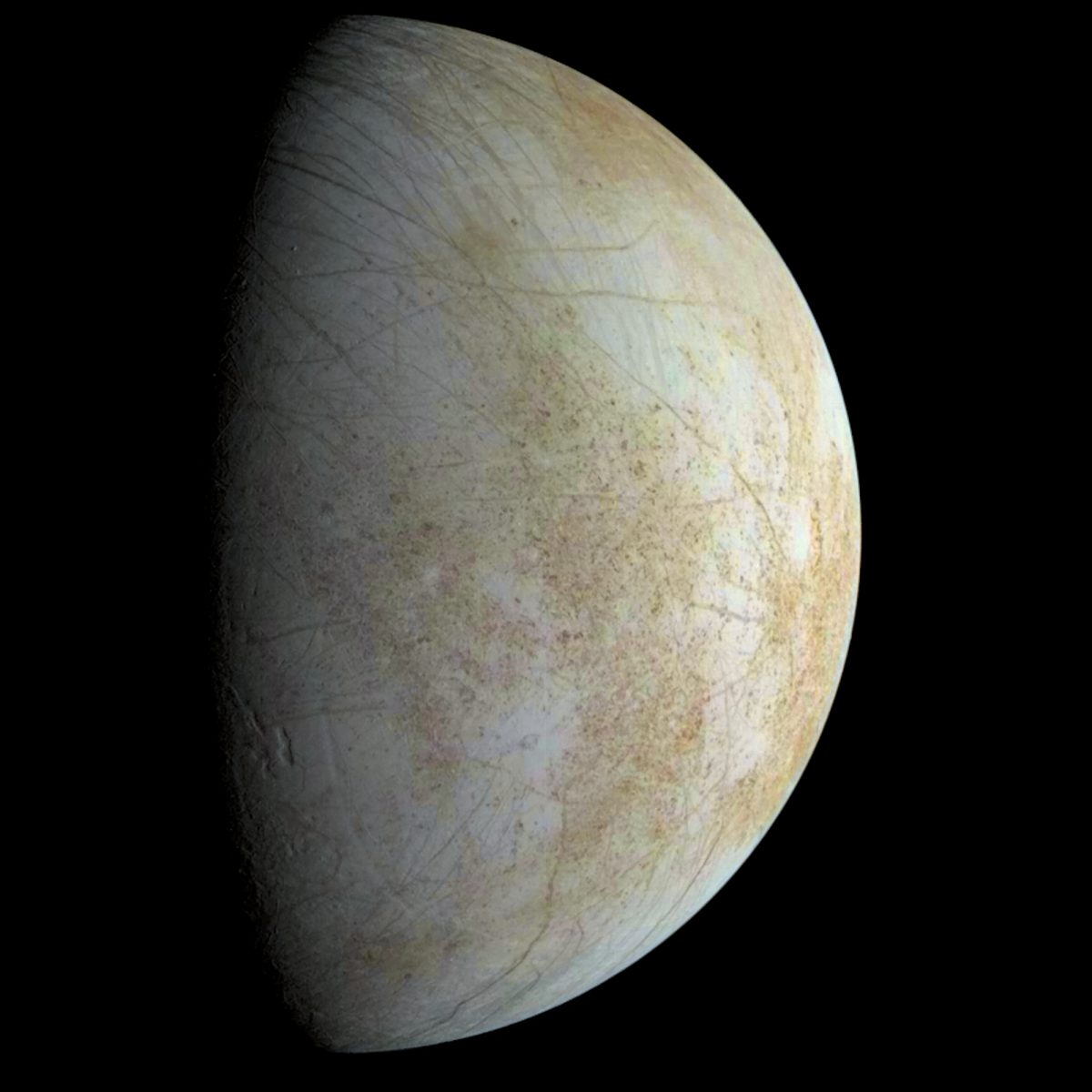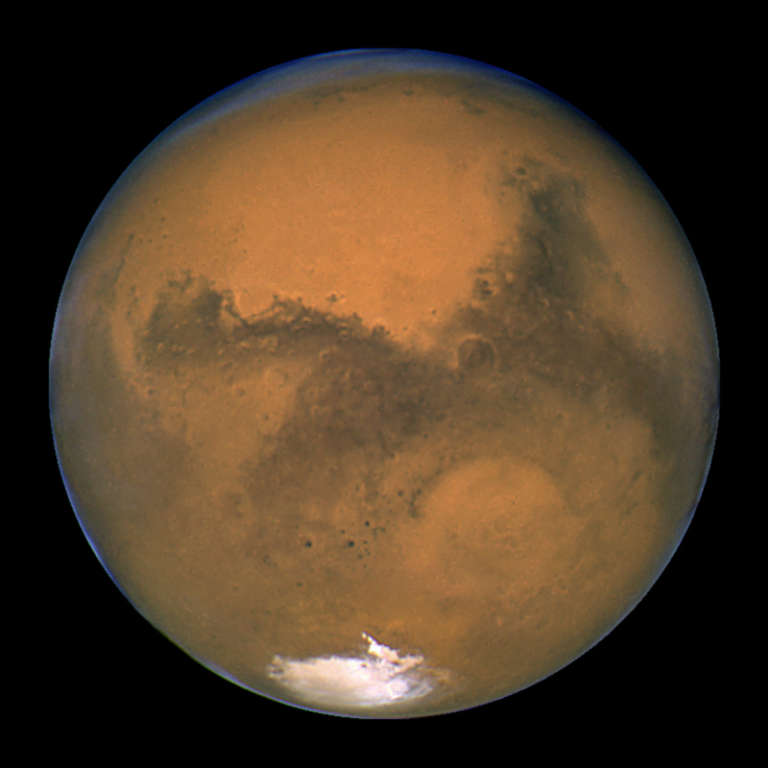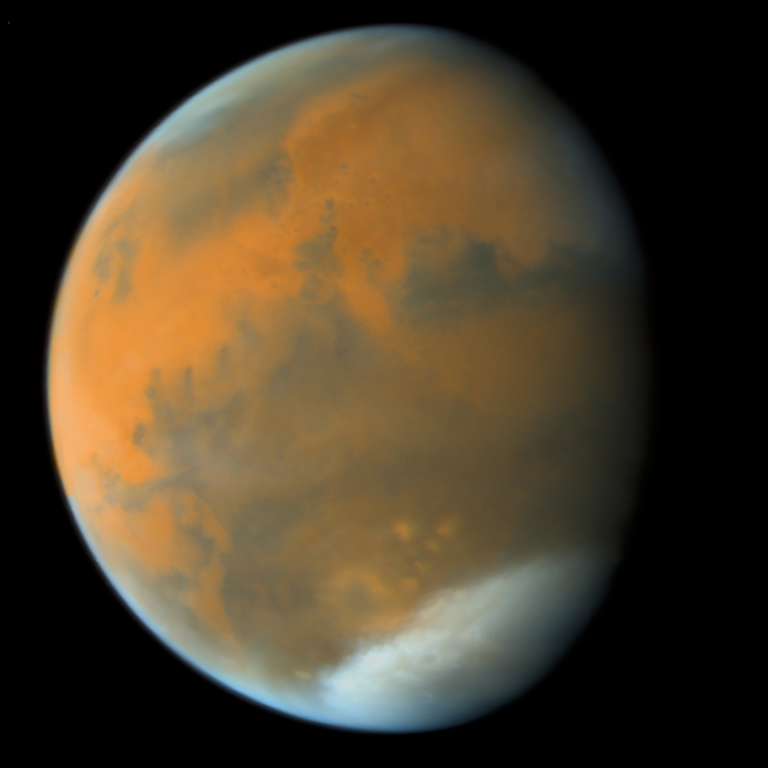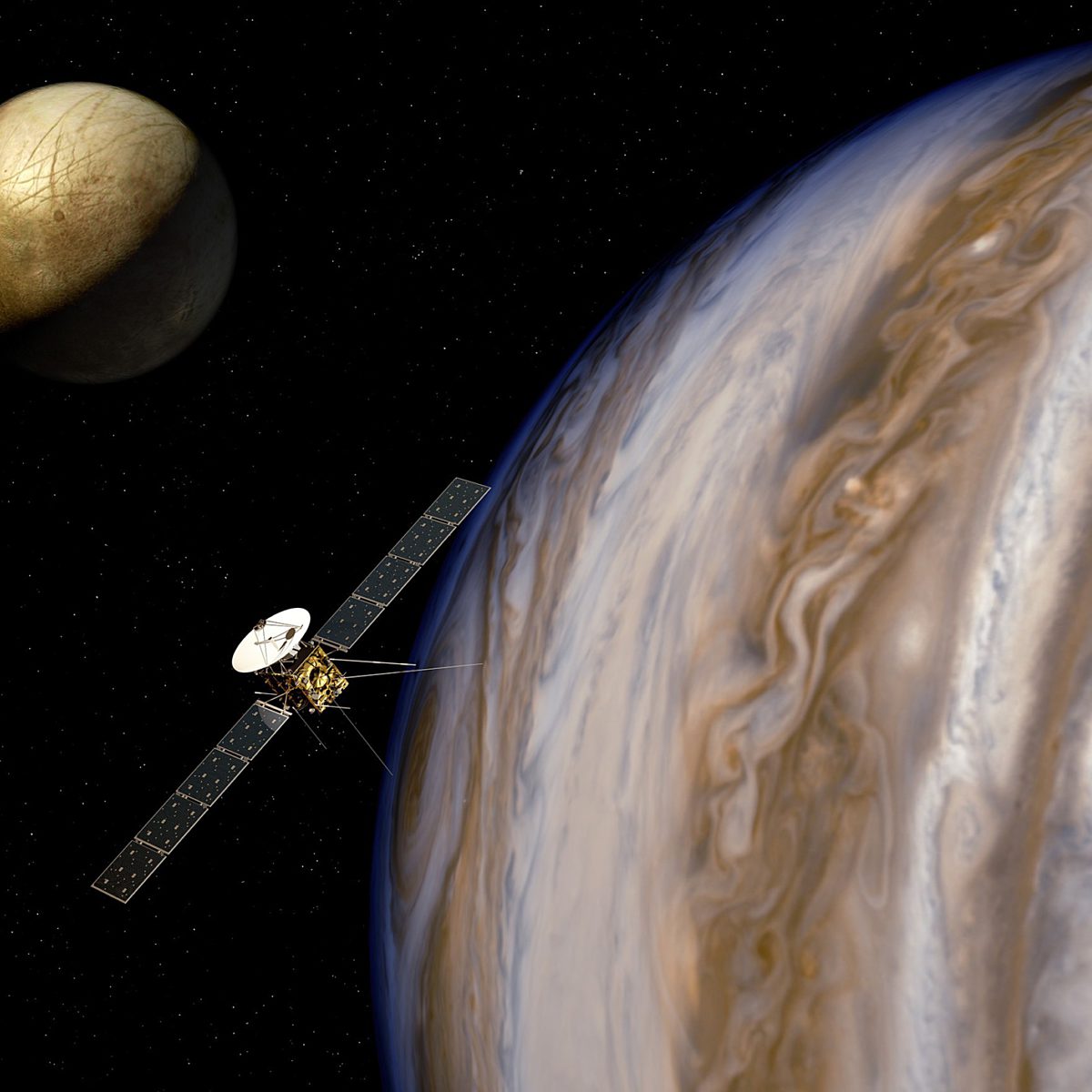All
All
Stories, updates, insights, and original analysis from The Planetary Society.
New Details on the 2020 Mars Rover
The 2020 Rover will achieve its cost-savings by using $200 million of existing hardware left over from the Curiosity mission, said the Director of the Planetary Science division within NASA.
The 2020 Rover in Context
The 2020 rover announced today is entirely consistent with NASA's reduced commitment to planetary exploration due to its 2013 budget.
Rovers are awesome, but where's the science?
Now that Casey has explained the budget implications of yesterday's 2020 rover announcement, and The Planetary Society has issued a formal statement, I thought it was time for me to talk briefly about science.
Orion service module, Ariane development highlight new ESA budget
Representatives from the ESA approved a 10 billion euro budget for 2013-2017 during their Ministerial Council last week in Naples, Italy.
What We're Fighting For
We're fighting for the restoration of NASA's planetary sciences budget to return to its 2012 level. What does that get us? New financial analysis from our sources in the scientific community provides us a glimpse.
Mars Program Update from MEPAG
Bruce Betts reports on the status of the current and future Mars program and on acronyms from a meeting of NASA's MEPAG (Mars Exploration Analysis Program Analysis Group).
NASA's New Direction For Mars (Maybe)
The future of the Mars Exploration Program exists as multiple mission plans straining to exist in the brutal new cost cap from the FY13 budget, pushed far into the future.
Manned Missions to Mars Aren't Just Sci-Fi
Space exploration is not just valuable to scientists; it is also popular with the public who pays taxes. And why not? The exploration of Mars is not only a search for signs of alien life. It is an exploration of the human future.
A Bittersweet Day for Planetary Exploration
A new Mars mission was announced today, which is cause for celebration. But two other exciting missions where not selected, why? Money, or lack thereof. All we need is a little bit more, and we could be exploring the solar system, not just Mars.
Zapping Rocks with Lasers to Save the World
The Planetary Society Laser Bees project in Scotland is studying in the lab a potential new technique for deflecting dangerous asteroids: laser ablation.
NRO gives NASA two hand-me-down telescopes
The National Reconnaissance Office has donated two, partially-completed space telescopes to NASA, revealed at a National Academies' Committee on Astronomy and Astrophysics meeting this week.
JUICE: Europe's next mission to Jupiter?
The Twitterverse is buzzing this morning with news that the Science Programme Committee of the European Space Agency has recommended that the next large European mission be JUICE, a mission to explore the three icy Galilean satellites and eventually to orbit Ganymede.
Cool stuff brewing at Honeybee Robotics
Yesterday I was treated to a little tour (little, because it's a little building) of Honeybee Robotics' office here in Pasadena. Honeybee is developing some great technology for future space missions for Earth, Mars, and beyond.
SLS updates: tower crawl, engine burn and flight test
A few updates on the Space Launch System, NASA's next-generation deep exploration vehicle.
Notes from EPSC/DPS NASA Night
It's already the last day of the DPS/EPSC meeting in Nantes, France, and I've fallen seriously behind on writing up my notes. I thought I'd get some less pleasant notes out of the way before I returned to science.
Mars Exploration Endangered by Bureaucratic (In)Action
The road to Mars just seems to get longer and harder every day. The Planetary Society has just asked its Members to contact the White House and ask John Holdren, the President's Science Advisor, to make sure that NASA and ESA are allowed to work together on the 2016 and 2018 missions to Mars.
Decoding SpaceX's re-usable spacecraft concept
Breaking down the futuristic technologies for SpaceX's reusable Grasshopper spacecraft, as shown in a recent promotional video.
Russia's Venera-D mission (DPS-EPSC 2011)
During the afternoon poster session at the Division of Planetary Sciences / European Planetary Science Congress meeting, I had a long talk with Ludmila Zasova (IKI) about Russia's Venera-D mission to Venus.
Everybody says we need a NEO survey telescope
The next thing needed by both the small bodies science community and people interested in human exploration is a space-based telescope capable of surveying (and following up on) near-Earth space for asteroids that, for a variety of reasons, haven't been found yet.
PAMELA finds some antimatter
A team of international scientists has discovered an antiproton belt around the Earth, using data obtained from PAMELA, a particle identification instrument aboard a Russian Earth observation satellite.


 Explore Worlds
Explore Worlds Find Life
Find Life Defend Earth
Defend Earth


 Sun
Sun Mercury
Mercury Venus
Venus Earth
Earth Mars
Mars Jupiter
Jupiter Saturn
Saturn Uranus
Uranus Neptune
Neptune Small Bodies
Small Bodies















